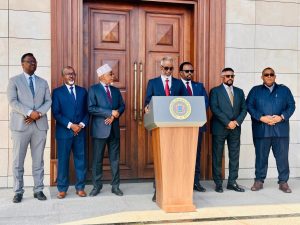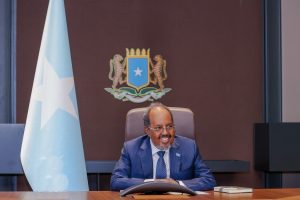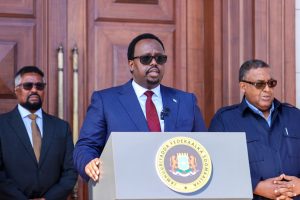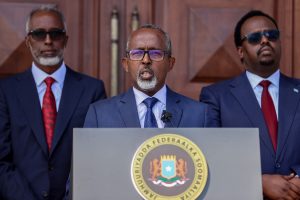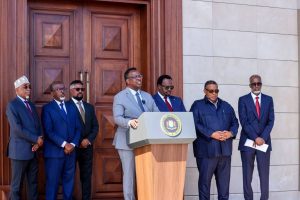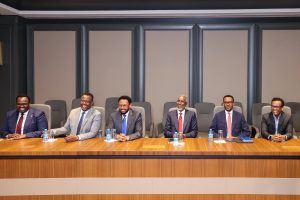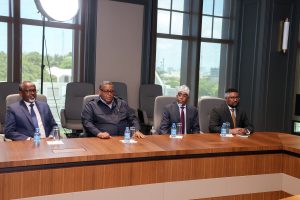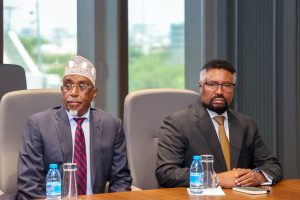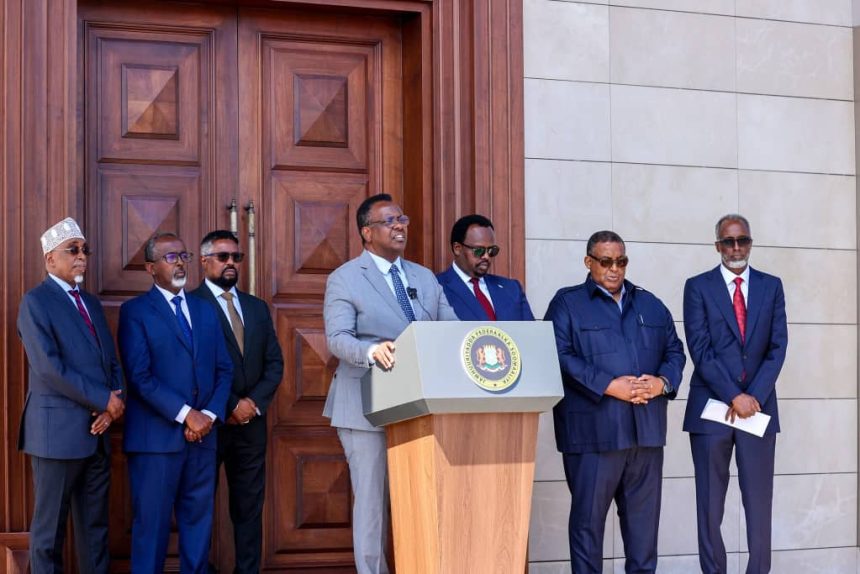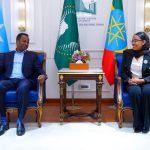MOGADISHU – Somalia’s government and opposition have forged a landmark agreement, charting a new course for the nation’s democratic journey. This breakthrough, the result of two months of intensive and often arduous negotiations, signals a collective commitment to overcoming the political fissures that have long hindered the country’s progress. The consensus reached with the “Madasha Samatabixinta” (Salvation Forum) is a clear indication to the power of dialogue and a crucial step towards a more stable and prosperous future.
The accord addresses the core of the political stalemate that has plagued the nation for years—the modalities of the upcoming elections. Previous electoral impasses have triggered constitutional crises and heightened political tensions, with key stakeholders at odds over the transition from the traditional clan-based power-sharing model to a direct, one-person, one-vote system. The new agreement, born of compromise and a shared understanding of the stakes, provides a clear and unified path forward, offering a new sense of hope and a framework for institutional legitimacy.
The gravity of the moment was echoed by President Hassan Sheikh Mohamud’s powerful address. The President’s message went beyond the technicalities of the agreement, serving as a call for national unity and a vision for the future. He declared that “the door to state-building is now open for the Somali people”, emphasizing the government’s commitment to ensuring all stakeholders are part of the decision-making process. The President’s speech highlighted key pillars of his administration’s plan, focusing on upholding the rule of law to ensure all citizens are treated equally and prioritizing critical areas such as education, healthcare, and economic development.
The international community, which has closely monitored Somalia’s political landscape, had consistently urged leaders to seek a consensual path. The success of these negotiations demonstrates a maturing political environment where national interests are prioritized over individual or factional gains. By resolving the electoral deadlock peacefully, Somalia sends a strong signal to its citizens and the world that it is committed to building a state grounded in stability and democratic principles.
As the country moves forward, the focus will shift to the meticulous implementation of this historic agreement. The path ahead requires continued cooperation, transparency, and a spirit of reconciliation from all parties. The success of this accord will not only be measured by the peaceful conduct of future elections but also by its ability to cement long-term stability, foster trust between the government and its people, and unlock the nation’s potential for growth and development. This agreement is more than a political fix; it is the beginning of a new, hopeful chapter in Somalia’s arduous journey towards a resilient and democratic future.
